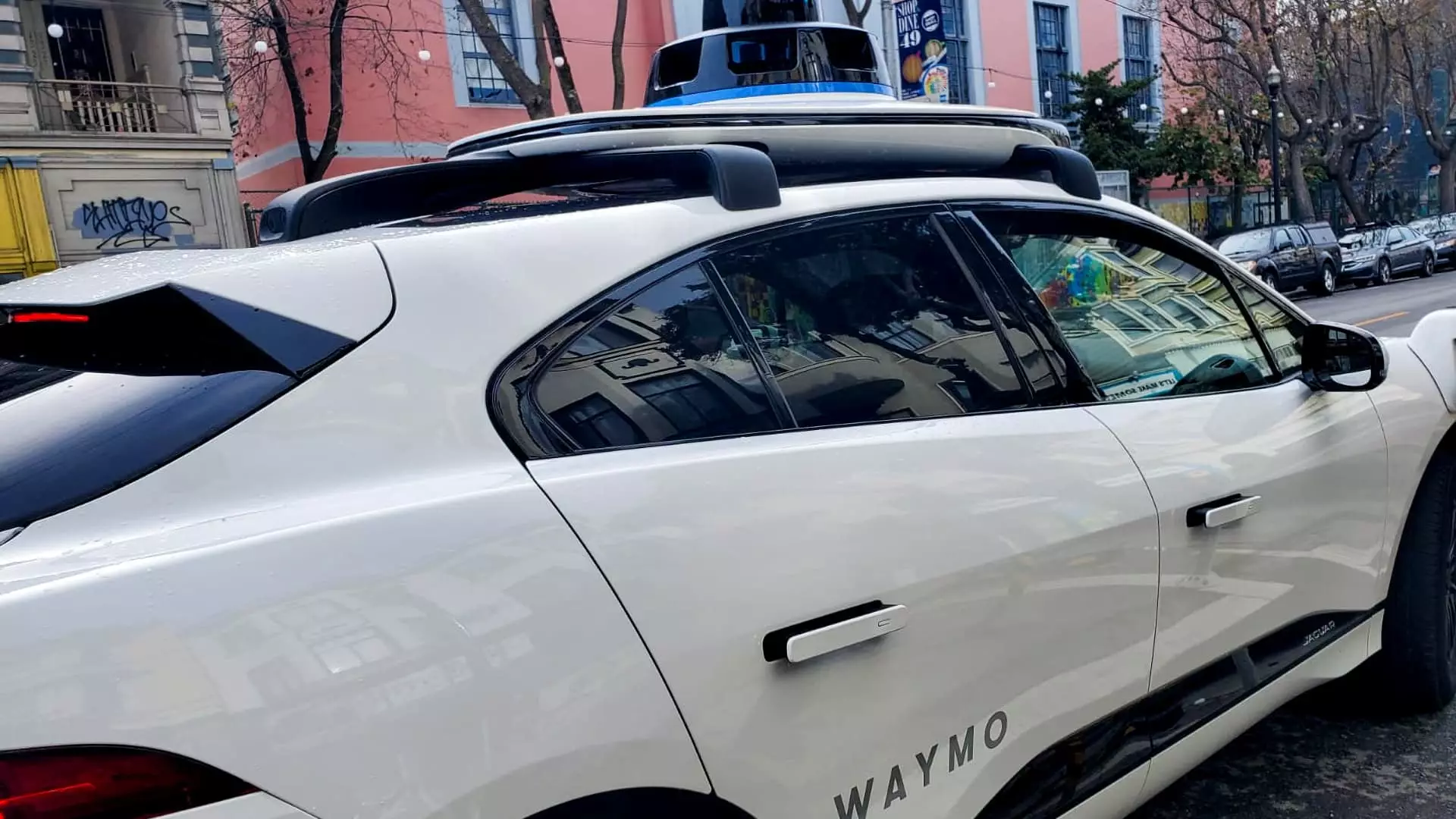In a significant step towards global expansion, Waymo, the self-driving technology subsidiary of Alphabet, is set to commence testing its autonomous vehicles in Tokyo, Japan, in early 2025. This move marks Waymo’s first venture into an international market, broadening the horizons of its operations beyond the United States. Even though commercial services have not yet been confirmed, the initiative signals Waymo’s ambition to tap into new demographics and potentially transform urban mobility in one of the world’s most populous cities.
Waymo’s partnership with Nihon Kotsu, Japan’s largest taxi company, and the taxi application GO will play a crucial role in this venture. The company plans to utilize Jaguar I-PACE vehicles, which will initially be operated manually by Nihon Kotsu drivers. This preliminary phase entails mapping essential areas within Tokyo, such as Minato, Shinjuku, and Shibuya, to gather crucial data that will enhance Waymo’s AI learning algorithms. By leveraging existing taxi infrastructure, Waymo can foster collaboration that will ultimately refine its technology before any commercial rollout.
The venture into Japan is particularly significant as it presents a unique set of challenges. Operating in a left-hand traffic environment contrasts sharply with the conditions Waymo has predominantly faced in the U.S. This is compounded by Japan’s distinct cultural and regulatory landscape surrounding transportation. To mitigate these complexities, Waymo plans on testing its vehicles on a designated closed course in the U.S., simulating Japanese driving conditions to ensure the technology is adequately prepared for its real-world application.
Waymo has expressed enthusiasm about collaborating with local partners, government representatives, and community voices in Tokyo. This involvement aims to facilitate a deeper understanding of how autonomous vehicle technology can fit seamlessly into Japan’s already intricate transportation ecosystem. Given the aging population in Japan, governmental bodies view driverless technology as a potential solution to enhanced mobility for senior citizens. There is a mutual interest in realizing a transportation landscape that embraces self-driving technology while ensuring safety and accessibility.
The partnership with Nihon Kotsu also extends to the management and servicing of Waymo’s vehicles within Japan, laying the groundwork for an integrated approach that melds local taxi operations with advanced autonomous technology. This symbiotic relationship could be a model for how urban mobility solutions can evolve when traditional transportation systems incorporate cutting-edge innovation.
Amid this expansion, it is pertinent to acknowledge the competitive landscape in Japan’s autonomous vehicle sector. Several other developers, including local startups, are actively conducting their own trials for autonomous vehicles and services. Notably, companies like Monet Technologies, backed by Toyota, have also expressed intentions to launch self-driving taxi services in Tokyo. The presence of multiple players could encourage innovation while heightening competition, potentially accelerating the deployment of self-driving technologies in the region.
Waymo’s announcement follows a tumultuous period for autonomous vehicle competitors in the U.S. Market dynamics are shifting, as evidenced by General Motors’s recent withdrawal from the robotaxi market with Cruise. This retreat opens the door for Waymo to solidify its position as a leader in autonomous mobility, particularly in the emerging international markets. Meanwhile, Honda’s delayed launch plans for a driverless ride-hail service emphasize the cautious approach that many companies may adopt in this developing sector.
As Waymo embarks on this international journey, it remains imperative to monitor how the company navigates the complexities of Japan’s market. The long-term success of this venture will largely depend on its ability to adapt to local conditions and effectively collaborate with established industry players. The combination of advanced technology and strategic partnerships may ultimately determine the extent to which Waymo can contribute to Japan’s evolving transportation narrative.
Waymo’s move into Tokyo is not just a test of its vehicles; it’s a test of its adaptability and strategic foresight in the realm of autonomous transportation. As global interest in driverless technology grows, the outcomes from this venture could set significant precedents for future international expansions in the field.

